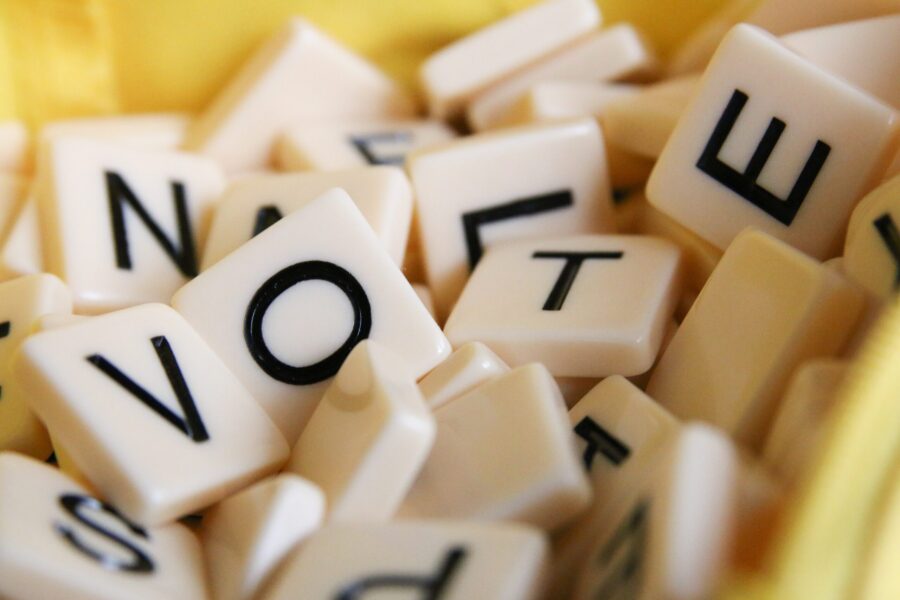5 Reasons Voting is Not Just Good for Democracy, but Good for You
Yes, yes, we’ve all been told that voting is your civic responsibility. A right and a privilege not enjoyed the world over. The foundation of our democracy. But research shows it’s not just good to do, but actually good for you. An article on MyWellbeing.com lays out some ways voting is not only essential for a healthy democracy but beneficial to both your physical and mental health.
Voting is good for physical health
A 2018 study published in the journal Child Development and reported by TIME magazine, showed that “civic engagement is a productive experience for young people,” says the study’s author Parissa Ballard, assistant professor at Wake Forest School of Medicine. Researchers surveyed 9,471 tweens, teens, and young adults (ages 11-20) in 1994-1995 and then followed them for almost 15 years. They discovered that young people who voted or volunteered were more likely to have a higher income and education than those who did not, and were more likely to be in better health and have fewer depressive symptoms. “The findings on volunteering and voting were uniformly positive,” Ballard explained.
Voting gives you a sense of agency, a way of exercising personal power
Psychologist Marc Zimmerman. a professor at the University of Michigan’s School of Health, claims that exercising your right to vote empowers you, giving you control over the things in life that are actually under your control. Even if your preferred candidate or ballot measure does not prevail, making your voice heard through voting has a psychological benefit: “We find people are happier with the outcome and they feel more in control of their lives, if they voted,” Zimmerman says. “That is better for their psychological functioning than feeling that whatever they do doesn’t matter anyway.”
Voting combats social disadvantages
Lynn Sanders, PhD, associate professor of politics at the University of Virginia, authored a study showing that voting may help alleviate the psychological stress and mental health harms that come from being economically, politically, or socially advantaged. Voting and becoming politically active reduced the risk of psychological problems, especially for those with a history of depression. “I think that people who are on the wrong sides of the disadvantage divide, measured according to anything – health, income, quality of community, or job status – those are the people who stand to benefit the most” by voting, Sanders asserts. “After 2000, people are thinking that your vote might actually count,” she said, adding, “That transforms the act of voting to one that is more like the act of protest or fighting.”
Voting is an act of self care
Both the future of our nation and consuming too much news can be significant sources of stress in our lives. In contrast, voting can be an antidote to feelings of overwhelm.
In addition, making voting a social bonding experience heightens its value. Connections to others are vital to a sense of personal well-being. In his book, Bowling Alone, Harvard professor Robert Putnam illustrates how social ties are key to your health, personal well-being, and democracy itself – when you feel like you’re part of a group, you’re more likely to contribute to it by voting.
Voting choices affect policies on mental health
Mental health is always on the ballot, as the decisions lawmakers make affect access to care. The National Alliance on Mental Illness (NAMI) offers tips and resources for how to take action to influence mental health policy.
To learn more about mental health and voting, read the full article here.
To learn more about voting in California, click here.
For key voting dates and deadlines nationwide – from US Vote Foundation, a non-profit, non-partisan non-profit organization – click here.
Harper, Caitlin. “Why Voting Can Boost Your Mental Health.” MyWellBeing.com, https://mywellbeing.com/therapy-101/why-voting-can-boost-your-mental-health.
Photo by Glen Carrie on Unsplash



